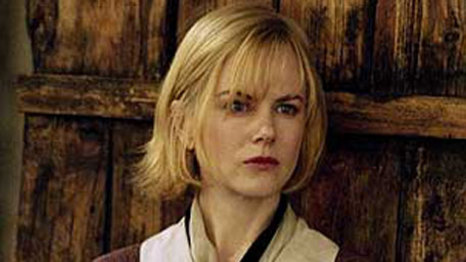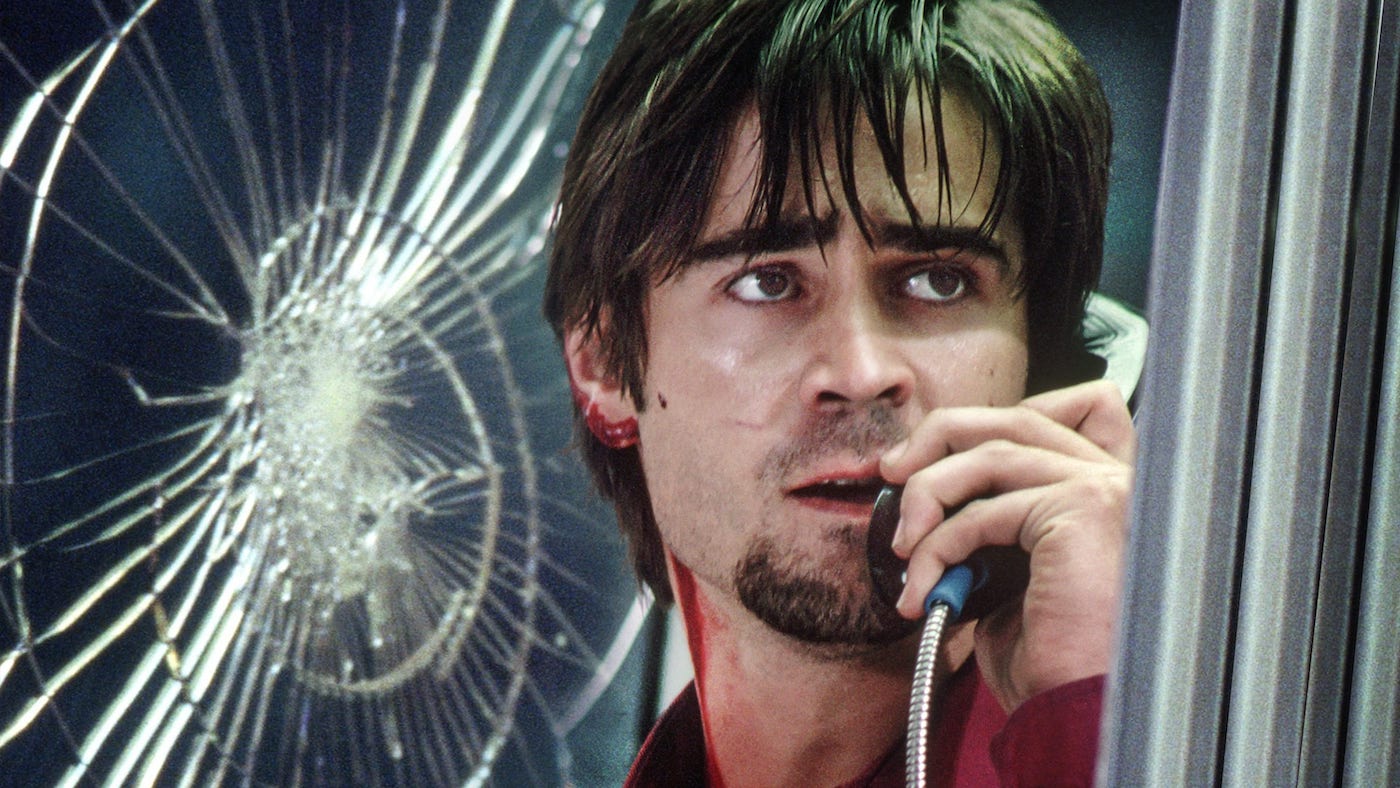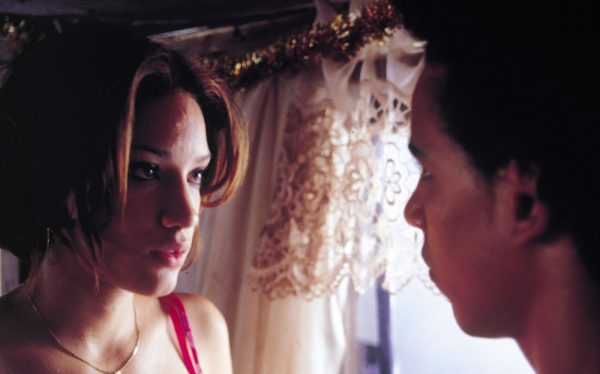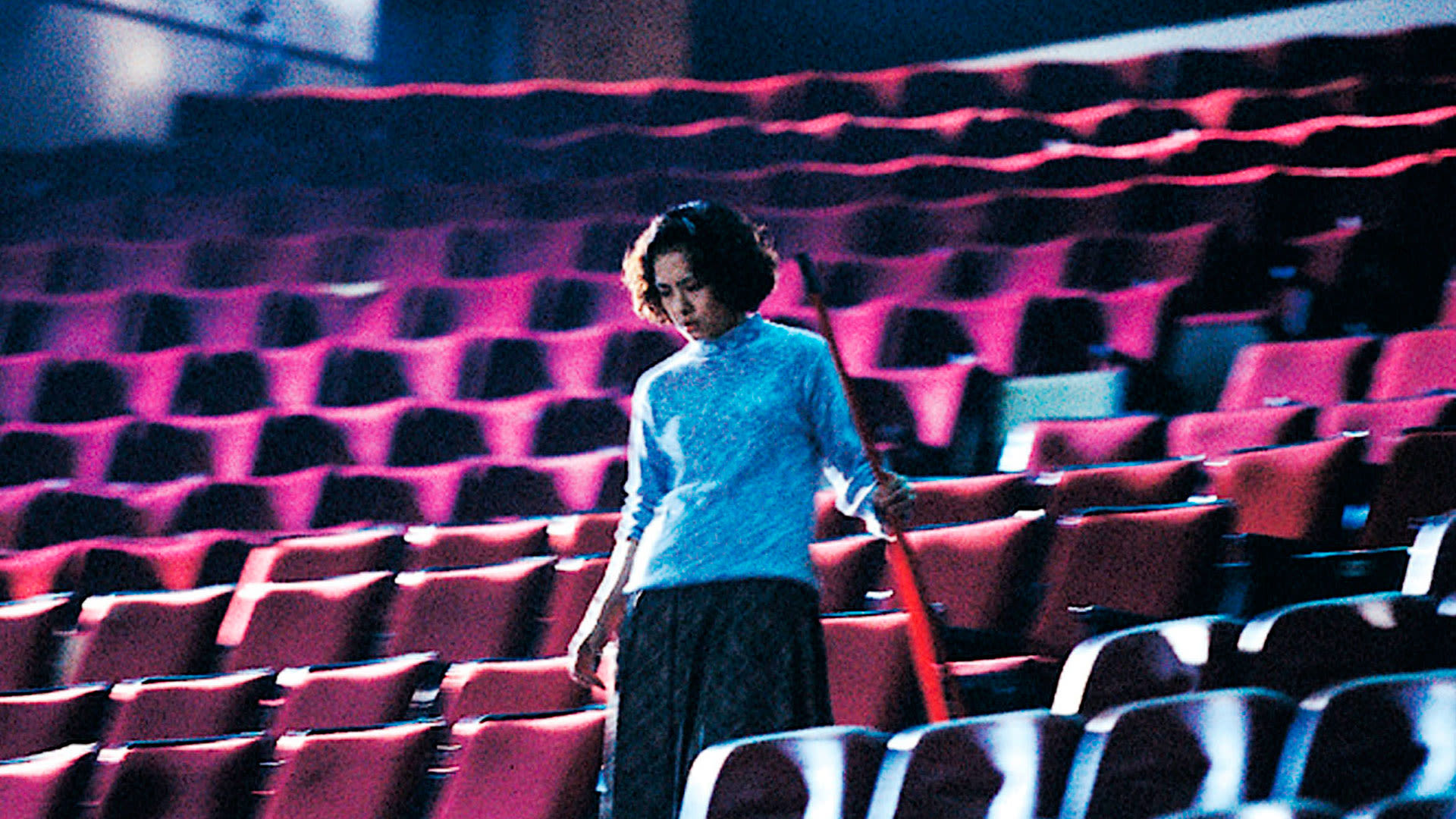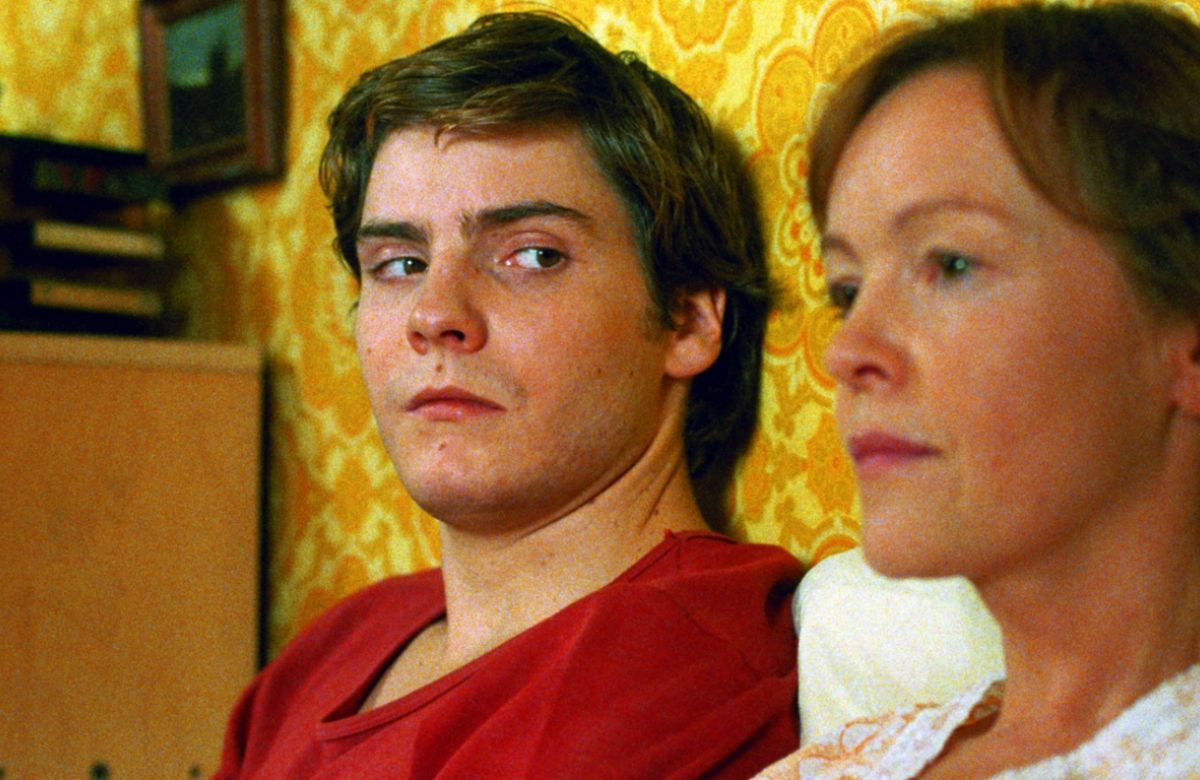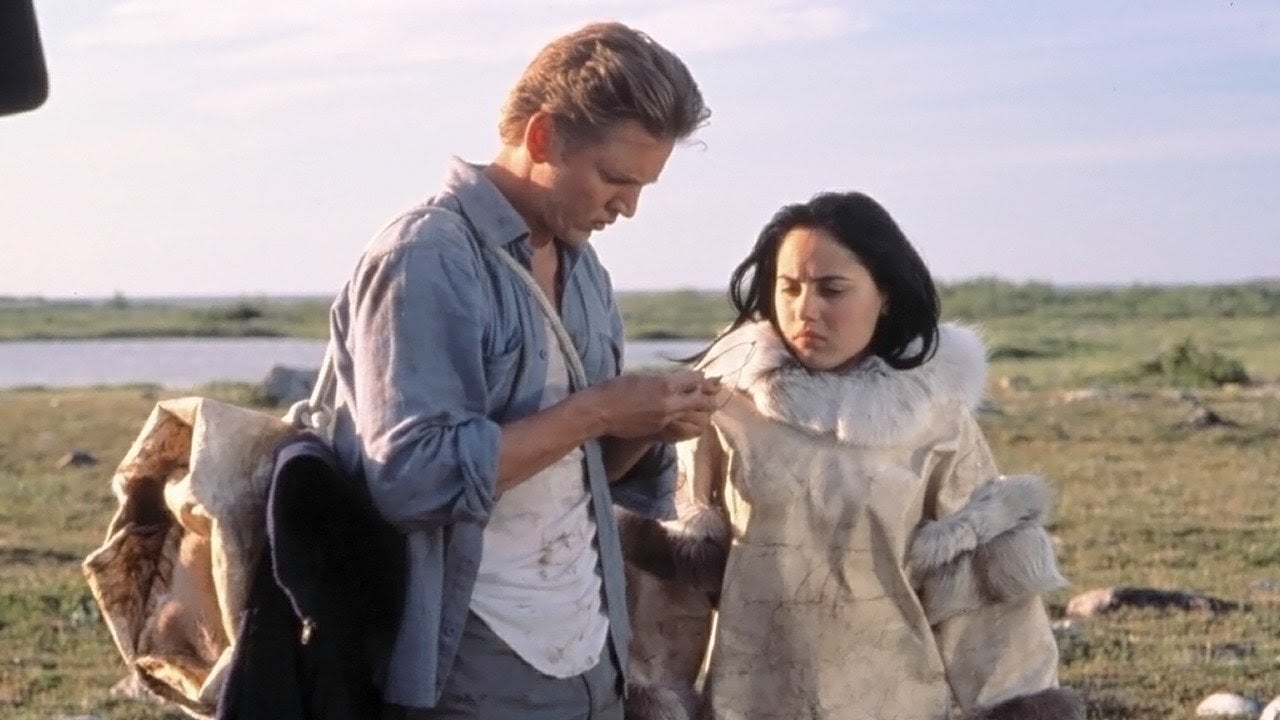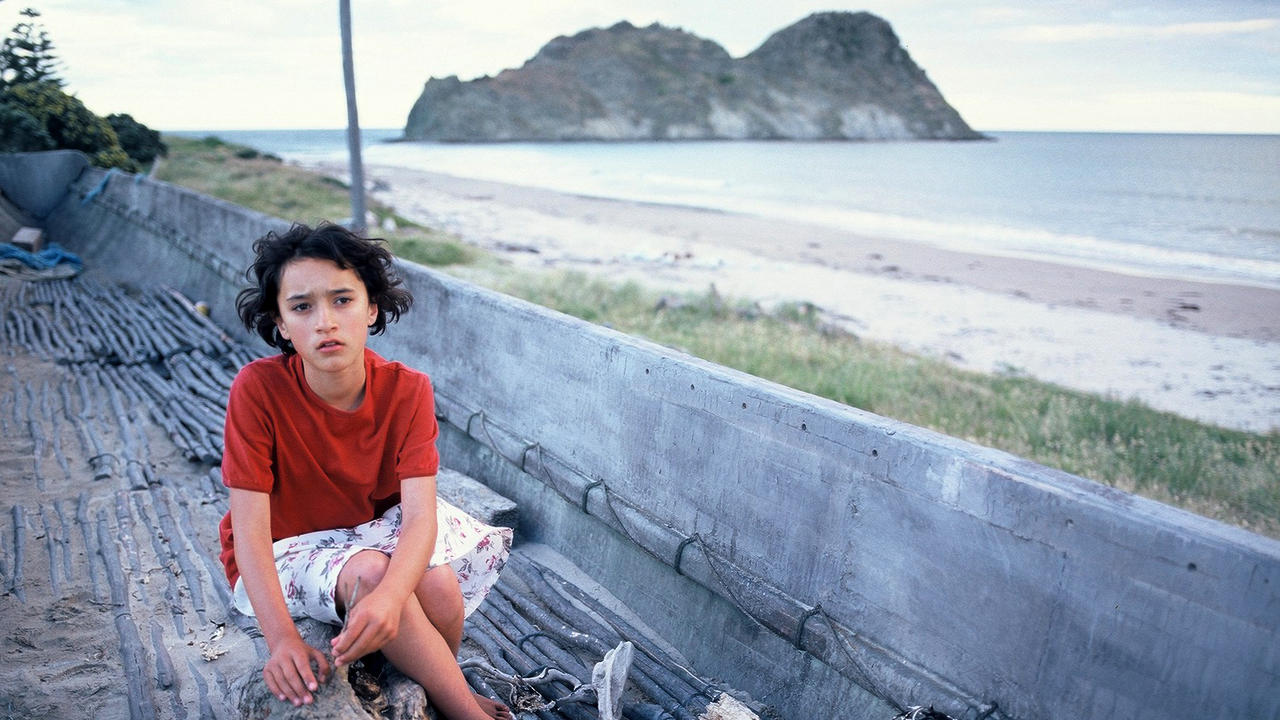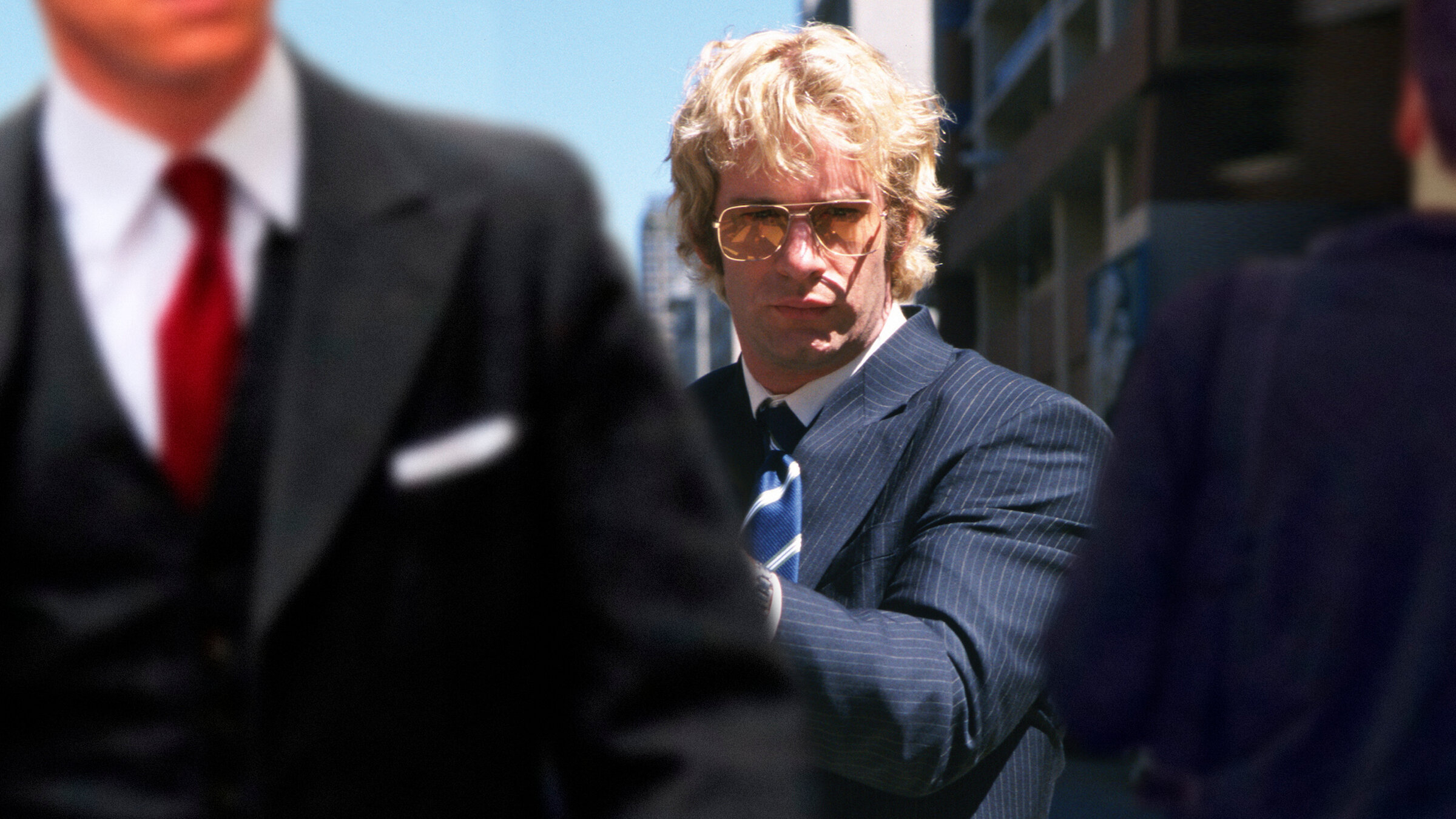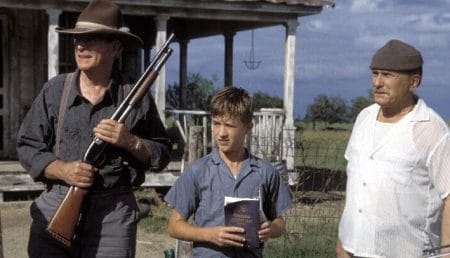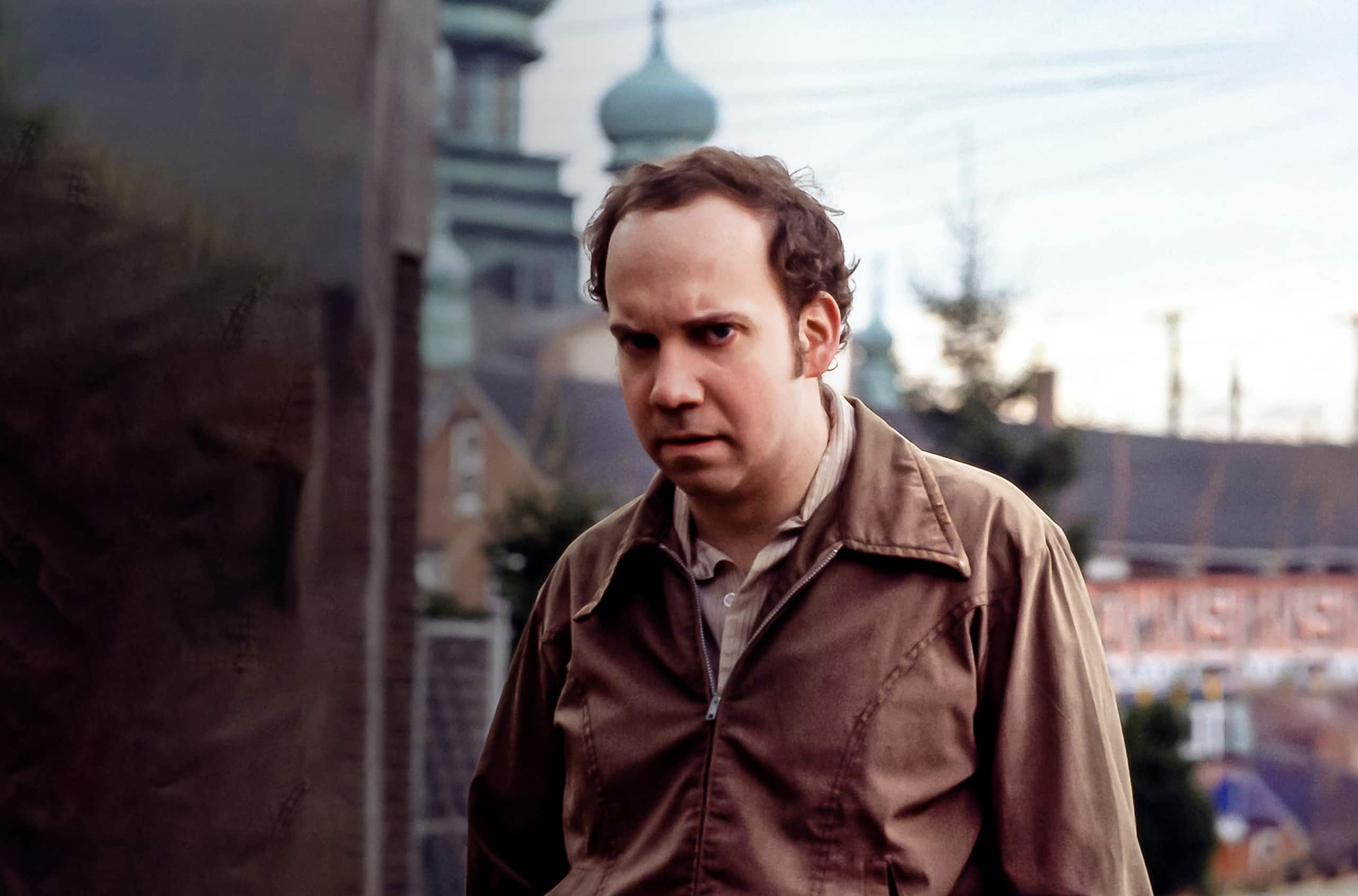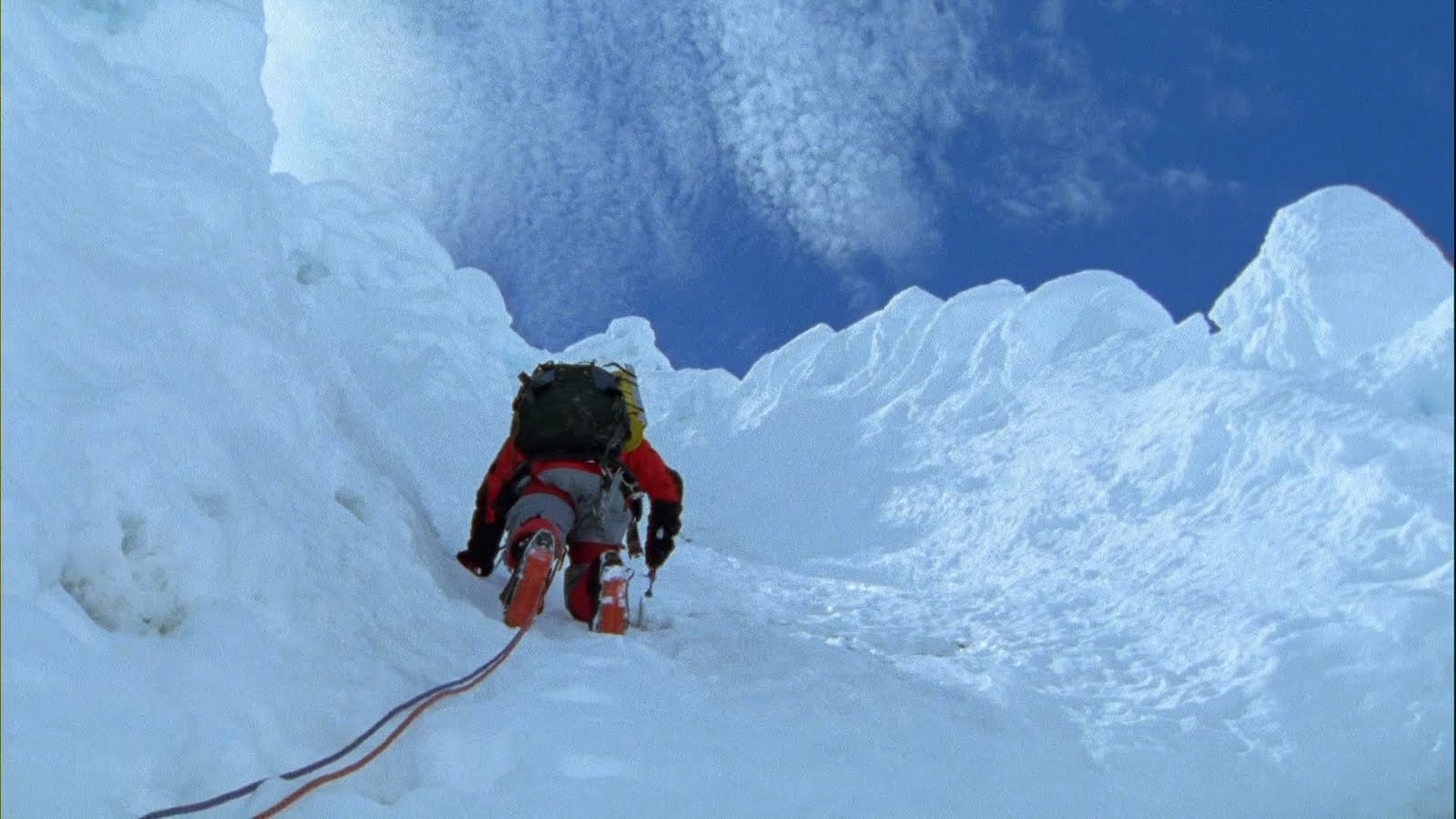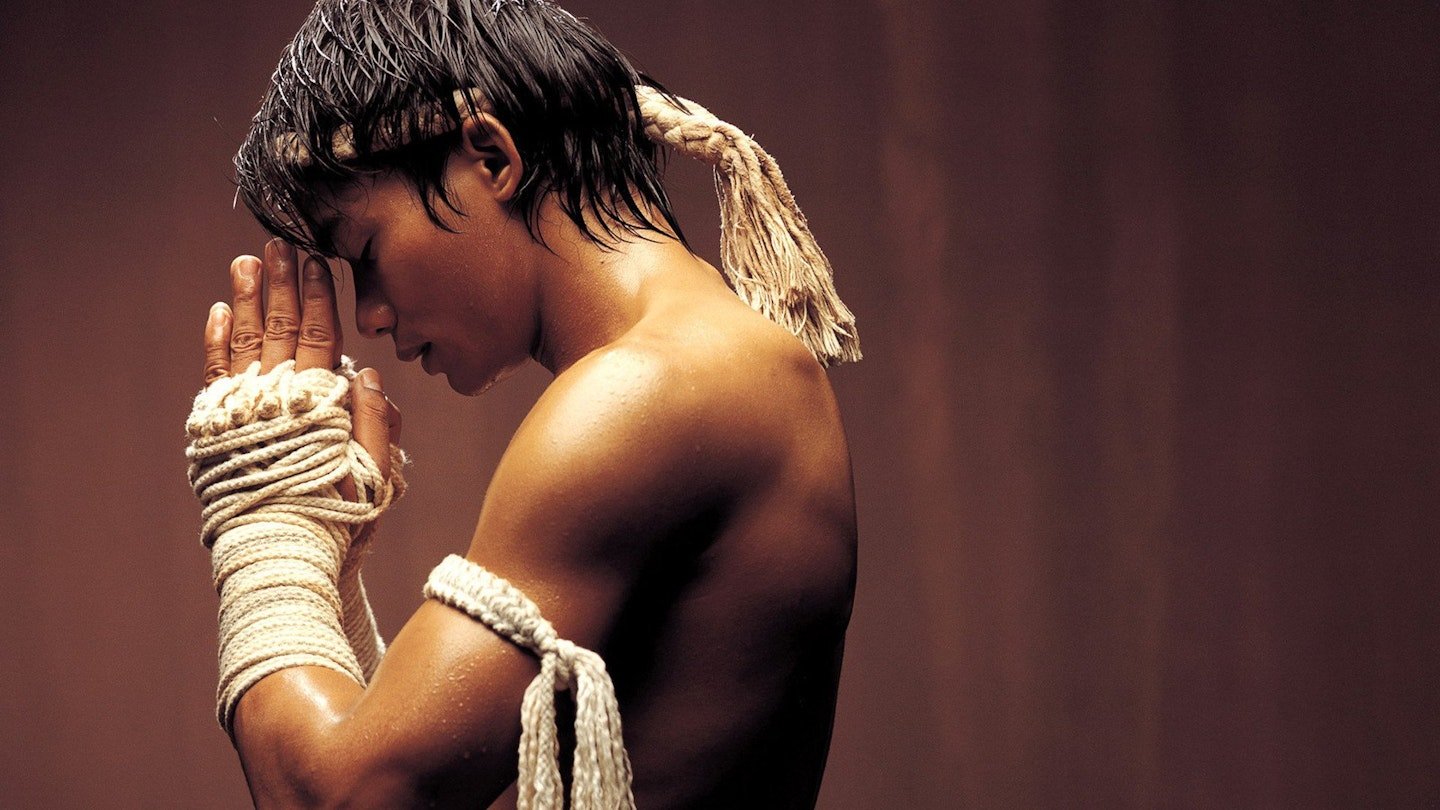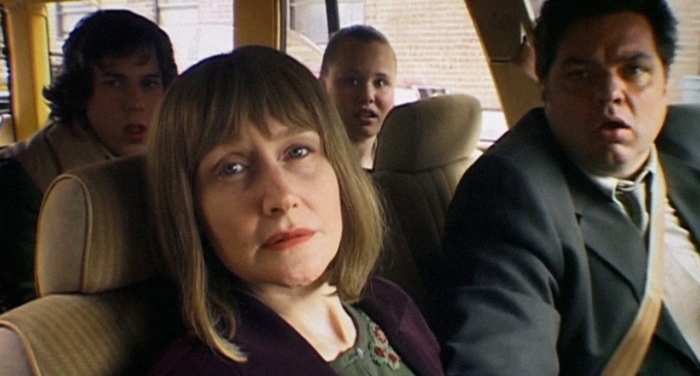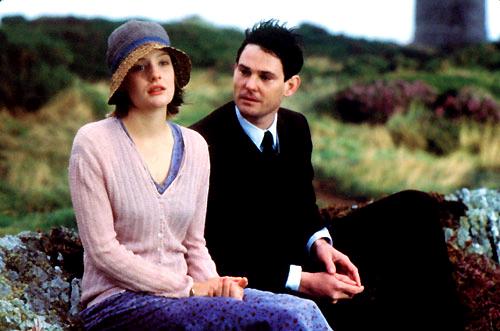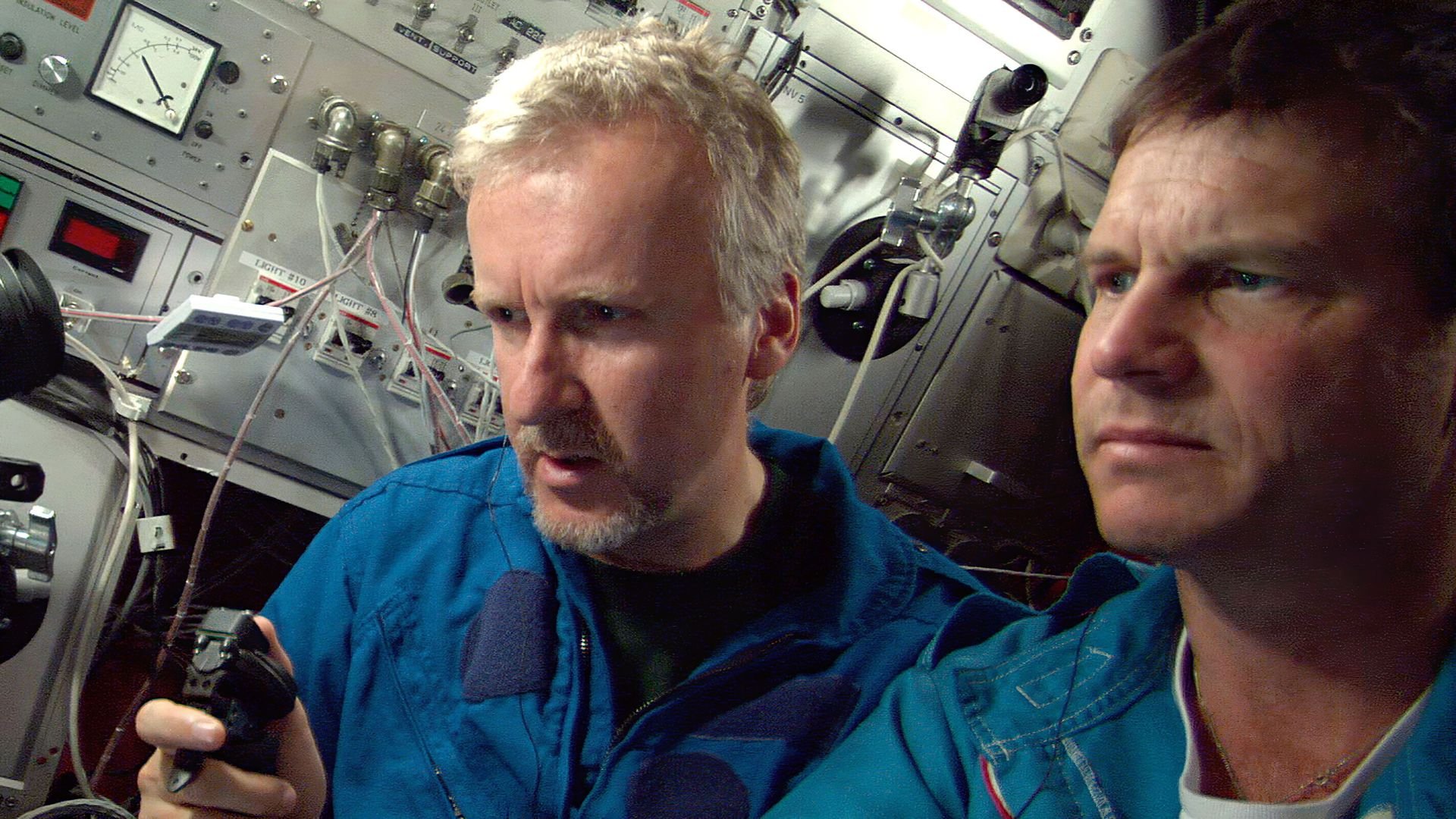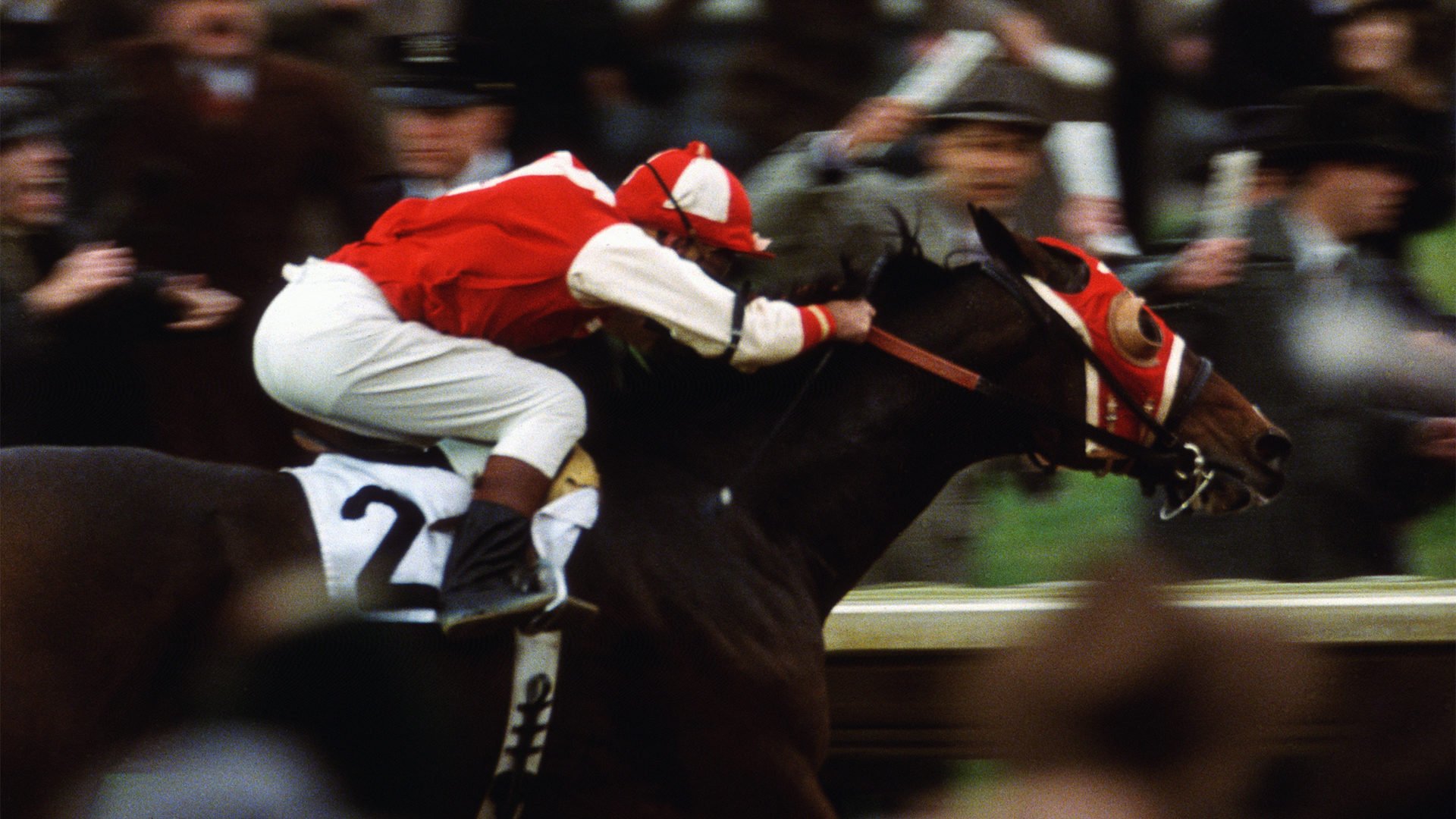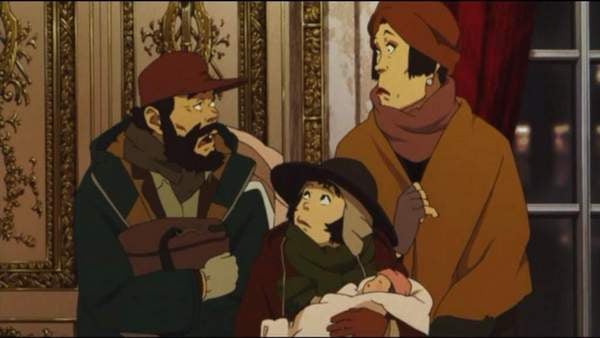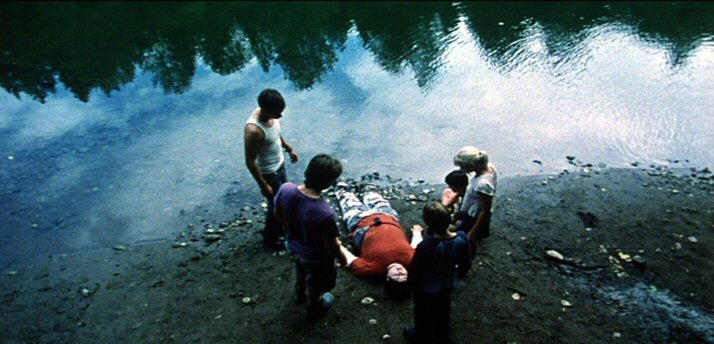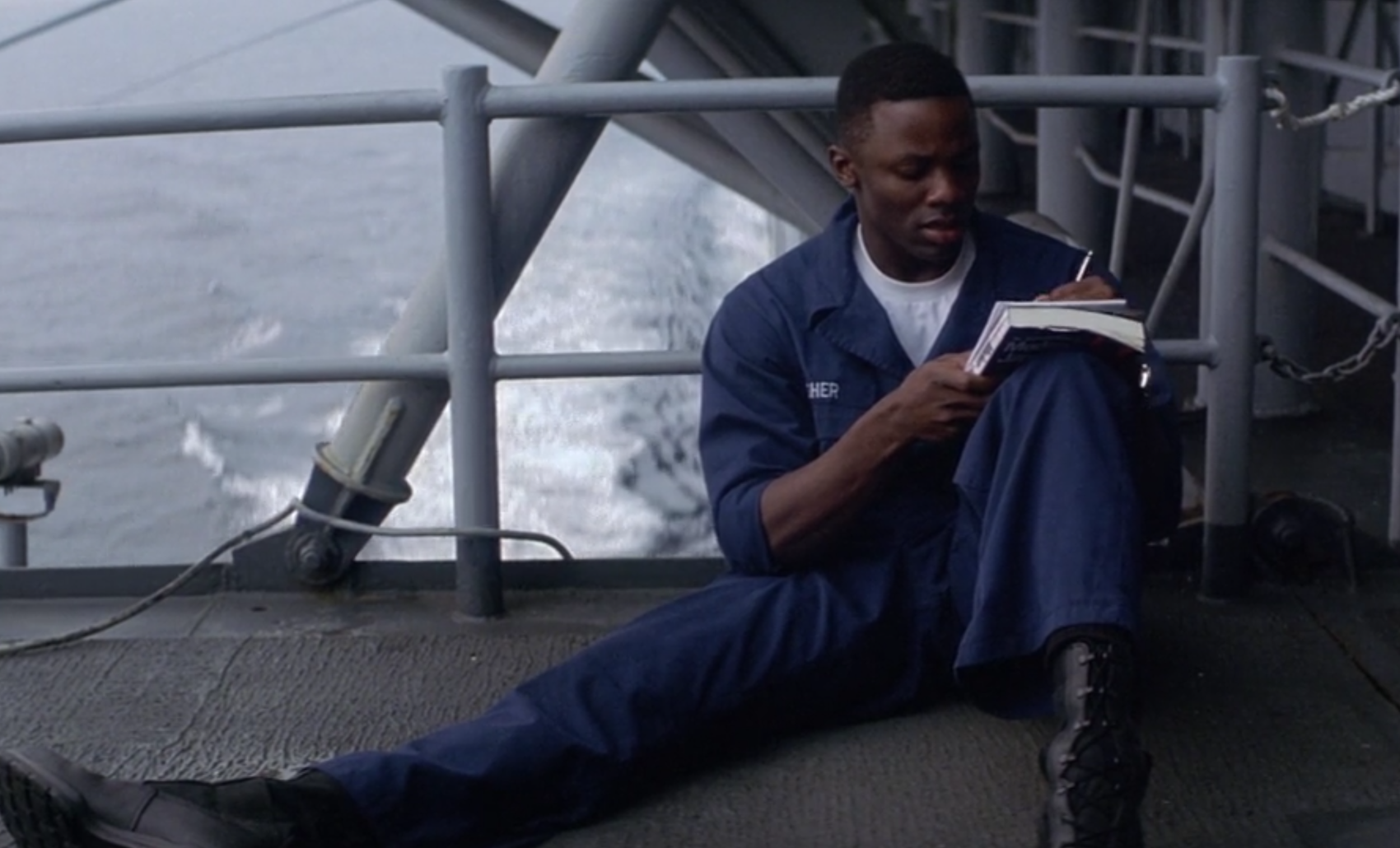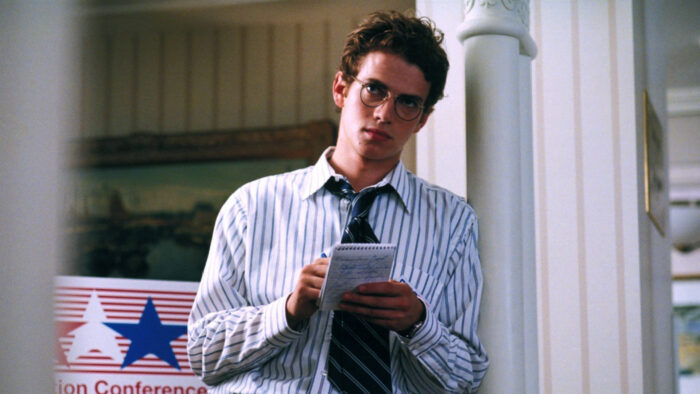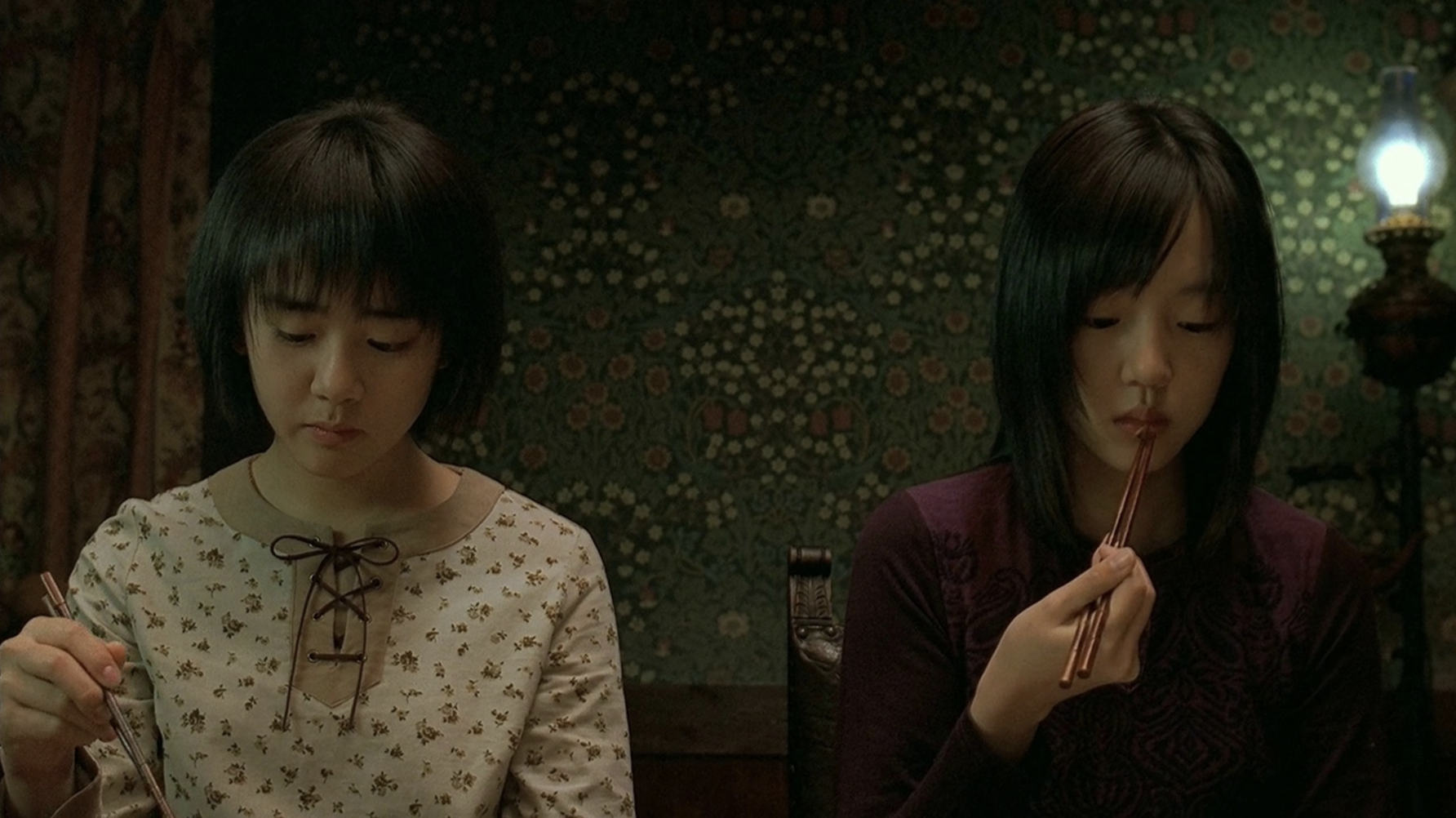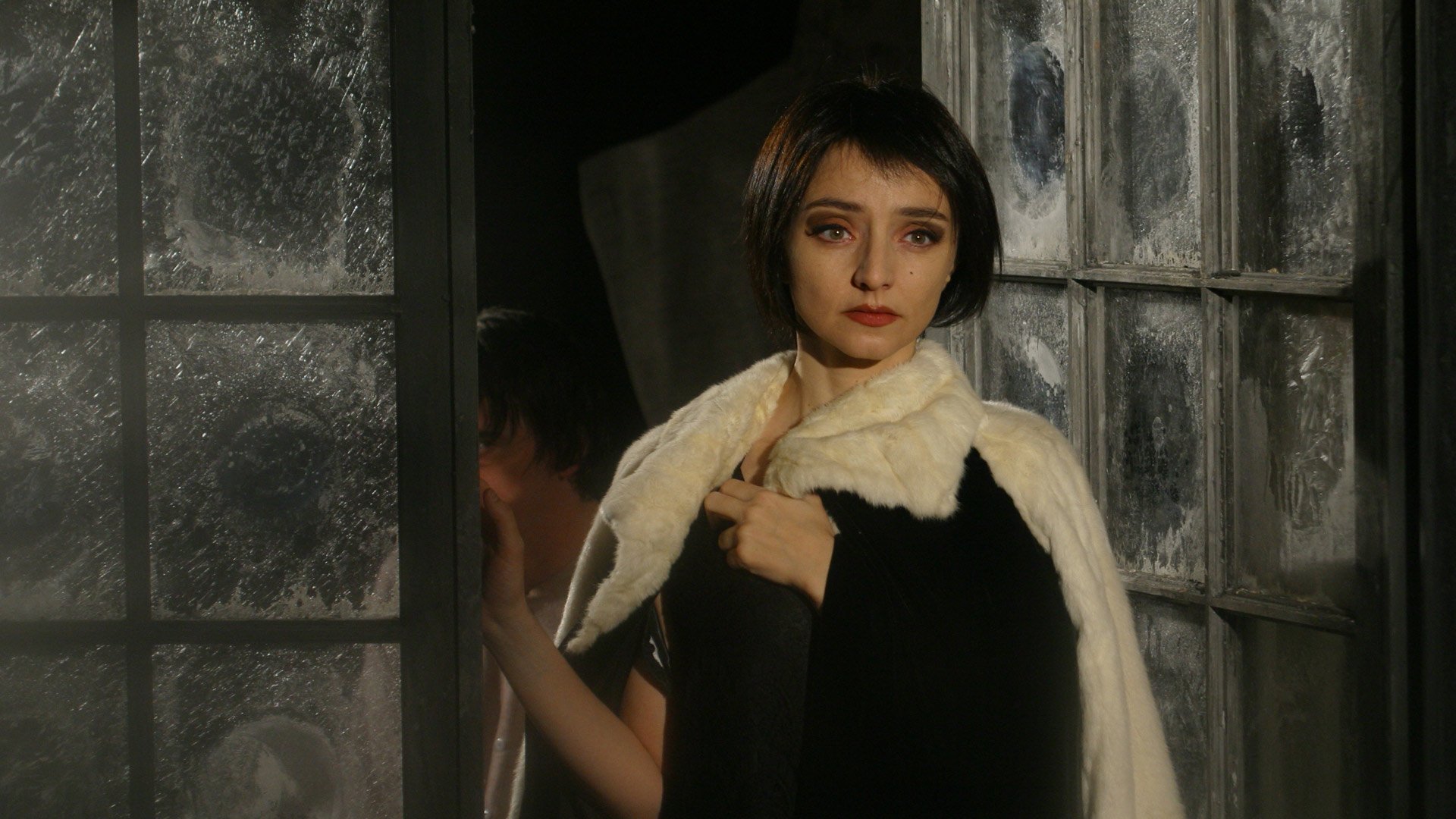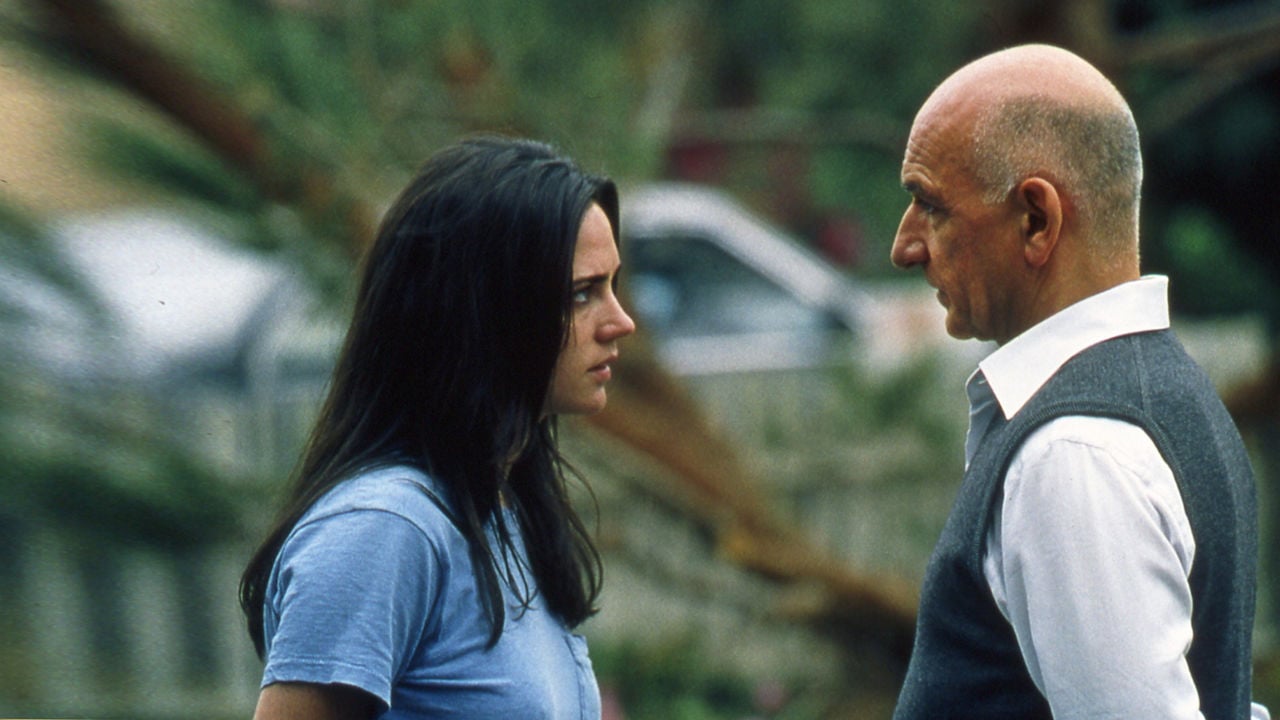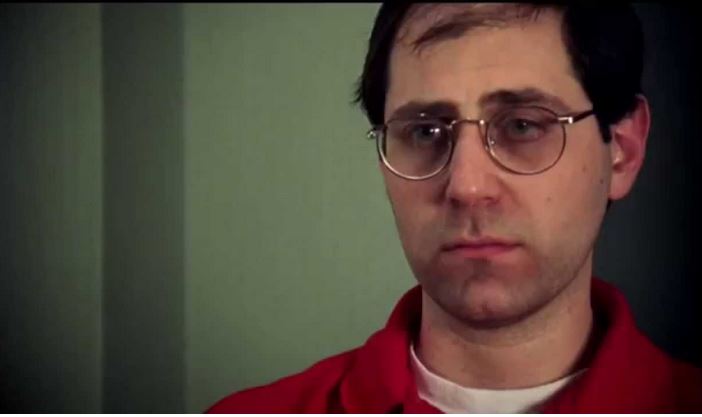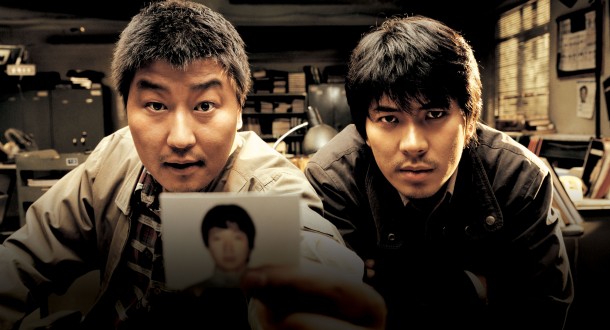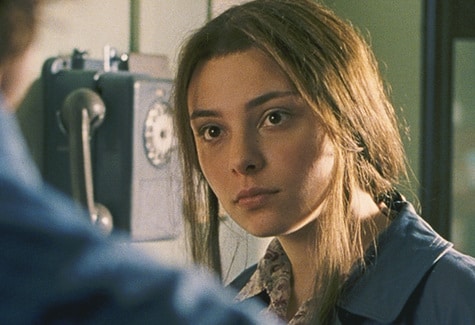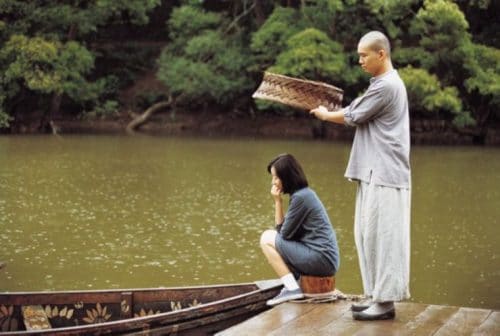The Best Movies & Shows Released in 2003
Find the best movies and show to watch from the year 2003. These handpicked recommendations are highly-rated by viewers and critics.
The Station Agent is about loneliness, change and friendship. Sounds corny right? It’s not. The characters are developed, they have their own reasons for the choices they make and nothing feels forced, neither actions or conversations. It’s a small and wonderful movie about a little man that moves out of the city and his comfort […]
It has become increasingly rare to find films made in Afghanistan, so when a movie like Osama comes along, it becomes nothing short of essential viewing. This is a profoundly depressing but beautifully crafted story of a young girl made to look like a boy so as to go unnoticed by Taliban forces while trying […]
From Korean director Park Chan-wook, who also brought you the far quieter The Handmaiden, comes a movie that is positively terrifying. Its premise alone is enough for any sentient human being to shudder. On his daughter’s birthday, the good-for-nothing Oh Dae-su (played by Choic Min-sik) gets drunk and is arrested by the police. A friend […]
Written and directed by the filmmaker Sylvain Chomet, this 2003 French film is, in the strictest sense, an animated comedy film. It’s the one that introduced Chomet’s name to an international audience. Triplets’ visual style, however, it is unlike anything you have ever seen. Focusing on ugliness and imperfection, the characters are deliciously exaggerated, while […]
Set in a town drawn in chalk outlines on the floor of a dark studio room. However unconventional the unrealistic stage-like set, the story of Grace (Nicole Kidman), a woman who arrives at this town seeking refuge becomes real enough to absorb you in a disturbing examination of human morals. It’s unique and features powerful performances, […]
We love to see Colin Farrell playing an unlikeable guy, it feels like there is balance in the universe. Stu is quite annoying and often offensive, and he’s been having an extra-marital affair, which he then gets punished for. Phone Booth carries over this remnant of 2000s morale with a sadistic twist, but that’s not […]
This small-scale but incredibly fun 88-minute drama from 2003 is about a group of Latino teenagers who grow up in New York’s Lower East Side. Victor lives with his eccentric grandmother, which sometimes gets in the way of him pursuing Judy, his dream girl. The actor who plays Victor is called Victor Rasuk, the one […]
Serene and almost silent, Goodbye, Dragon Inn is a film contemplating an old movie theater in Taipei. In its heyday, this cinema was jam-packed and full of eager eyes watching the 1967 Wuxia classic Dragon Inn, but now it’s nearly empty for its last screening. Despite the lack of attendees, this cinema still has some […]
Monster is a biographical depiction of Aileen Wuornos (Charlize Theron), a prostitute and serial killer who murdered seven men in Florida between 1989 and 1990. The film follows the burgeoning relationship between Wuornos and young Selby Wall (Christina Ricci, in a role based on Wuornos’ real-life girlfriend Tyria Moore), as she grows increasingly desperate to […]
An intriguing, funny and rather bizarre movie which serves as a fantastic introduction to ‘new-wave’ German cinema. Featuring a cast of young talented actors and excellent direction, this movie takes place around the time the Berlin wall fell and East and West Berlin were still united. Christiane, a devout socialist activist in East Berlin suffers […]
Given that it’s a survival film, and Charlie is asked to bring Kanaalaq to the hospital, there’s a sense that The Snow Walker would be a white savior narrative, but in the tundra this time. To a certain extent, the film does play into the usual structure. The white pilot Charlie is practically helpless without […]
The story that Whale Rider tells is a familiar one: that of a young girl challenging the expectations of a patriarchal community in order to claim her rightful place in a position of authority. But this isn’t a superficial girl-power movie; writer/director Niki Caro maintains the utmost reverence for this Māori community, even if its […]
Crime films usually have cops chase down robbers, not become them. This quirk in Andre Stander’s life makes him the perfect subject for a biopic, as this life-changing career shift must have had a compelling motivation. It’s certainly a great reason to make awesome action sequences, daring escapes, and, of course, the swindling scenes. It’s […]
This forgotten gem is the perfect family movie. It stars Michael Caine and Robert Duvall as the two eccentric uncles of Walter, a shy city kid (played by Haley Joel Osment). When Walter moves in with his uncles in rural Texas, he first has a hard time adjusting to his new surroundings. However his routine is changed after […]
Having an ordinary life isn’t a bad thing, but it can feel like a huge disappointment, hearing of other people and characters having extraordinary lives. However, when Harvey Pekar started writing down that ordinary life, his life became… still quite ordinary, but at least with an outlet through his autobiographical comic book American Splendor. That […]
A documentary about two “climbing” friends who attempt to summit Siula Grande in the Peruvian Andes in 1985. I say climbing friends because they are both somewhat egotistical, yuppie risk takers and seem to be the type who are only friends when their interests align. Nevertheless, they are truly ambitious, driven adventurers. A storm hits […]
Ong-Bak: Muay Thai Warrior is, at first glance, an action-only movie that hopes to emulate something like Bruce Lee in Thailand. The Muay Thai choreography is memorable, the chase scenes are iconic, and the plot is scant in order to fit more fight scenes in it. However, the film feels electric precisely because it strikes […]
The entirety of Pieces of April takes place on Thanksgiving Day, a busy holiday meant to bring loved ones together. Sure enough, April, the eldest Burns daughter, takes great pains to prepare a nice dinner for her visiting family. But we soon learn that she is motivated less by excitement than by dread: she’s long […]
Set in the 1930’s English Countryside, the story of the eccentric Mortmain family is told from the daughter Cassandra’s point of view. Her father, a once acclaimed and famous writer has written nothing in years, leading the family into bankruptcy. Themes such as first love and financial troubles are explored from Cassandra’s comic and intelligent […]
Six years after blowing box-office records out of the water with Titanic, director James Cameron once again plunged into the deep for Ghosts of the Abyss. This documentary charts several 12500-foot-deep trips that Cameron, actor Bill Paxton (who played a treasure-hunter in the 1997 movie), and others took in submersibles down to the ship’s wreckage […]
Though it paints in overly broad strokes and takes a while to get going, this tale of broken people finding each other eventually reaches an irresistibly feel-good conclusion. Like many good sports movies, Seabiscuit isn’t really dependent on the final outcome of a matchup between underdog and high-profile contender. What becomes important, then, is the […]
This is a great movie to watch on say a Sunday. The story of three homeless people who find a newborn baby while foraging through trash on Christmas eve and decide to care for the baby and track down its parents. Middle-aged Gin, aging Hana and teenage runaway Miyuki form a makeshift family haunted by […]
A bully (Josh Peck) is lured into a plot of revenge. The bullied victim (Rory Culkin), his brother and their friends then see the bully’s human side, and learn that revenge often comes with a greater price than imagined. Talented teen actors give fantastic performances in this absorbing and impactful coming-of-age tale, with a real […]
The story of Antwone Fisher as told by Denzel Washington (in his directorial debut) may be a bit too straightforward for its own good, but it only proves the strength of his eye and ear for performance. In addition to turning in his own understated yet authoritative performance, Washington gets a powerhouse turn out of […]
Shattered Glass tells the unbelievably true story of Stephen Glass, a popular and promising young journalist at The New Republic. Stephen’s storytelling skills are sought out not just by his admiring colleagues but by other publications as well, so when a rival journalist from Forbes finds holes in one of Stephen’s stories, no one takes […]
If this South Korean cult favorite relies a little too much on jump scares and twisty plot developments, its relatively emotionally distant story is nevertheless given a welcome boost in character thanks to an impressive overall look and feel. Shadowy and foreboding from beginning to end, A Tale of Two Sisters seems to be designed […]
Music competitions aren’t really new, but usually, the goal is to find the best performers in exchange for a cash prize and a chance to make even more great music. The Saddest Music in the World is an eccentric choice to base a competition on, especially during the Great Depression and Prohibition era happening all […]
A residential dispute spirals out of control into full, xenophobia-fueled tragedy in this straightforward and elegantly made film that comes from a now-bygone era of mid-budget dramas for adults. House of Sand and Fog may come off as excessively bleak to viewers today, but it manages to capture a very particular mood of paranoia and […]
This documentary… man, where do I even begin? It captures the lives of the Friedmans and how their world turned upside down when their father, Arnold, and brother, Jesse, were both convicted of sexually abusing children. The filmmaker interviews victims, family members, and experts to strike you with the two sides of the story. The Oscar nominated […]
Boon Joon-Ho’s ‘Memories of murder’, which was recently re-released is not too dissimilar from many of the crime-dramas that have come out of South Korea over the past two decades. Two very different detectives have to come together to solve what is turning out to be a series of murders that are all linked. The […]
Let me just preface this by saying The Best of Youth is 6 hours long. Yes, that’s 358 minutes of run time, and it puts off a lot of people. But if you’re into unusual movie premises like me and up for the challenge – the reward is tremendous. The Best of Youth tells the […]
A doorway opens at the beginning of Spring, Summer, Fall, Winter… and Spring, and through this doorway you are brought into the movie’s world. Explanations or plot transitions rarely exist, and dialogue is kept at a minimum level. And yet this movie remains an incredibly simple film. Following a Buddhist master and his apprentice, it is a […]
Well, to start off… I want to say that this movie will have you (or at least me) blubbering like a five year old girl after being told there will be no pony for her birthday. No matter the hair on your chest, there will be many tears streaming from your eyes. Now that I […]

























 x14
x14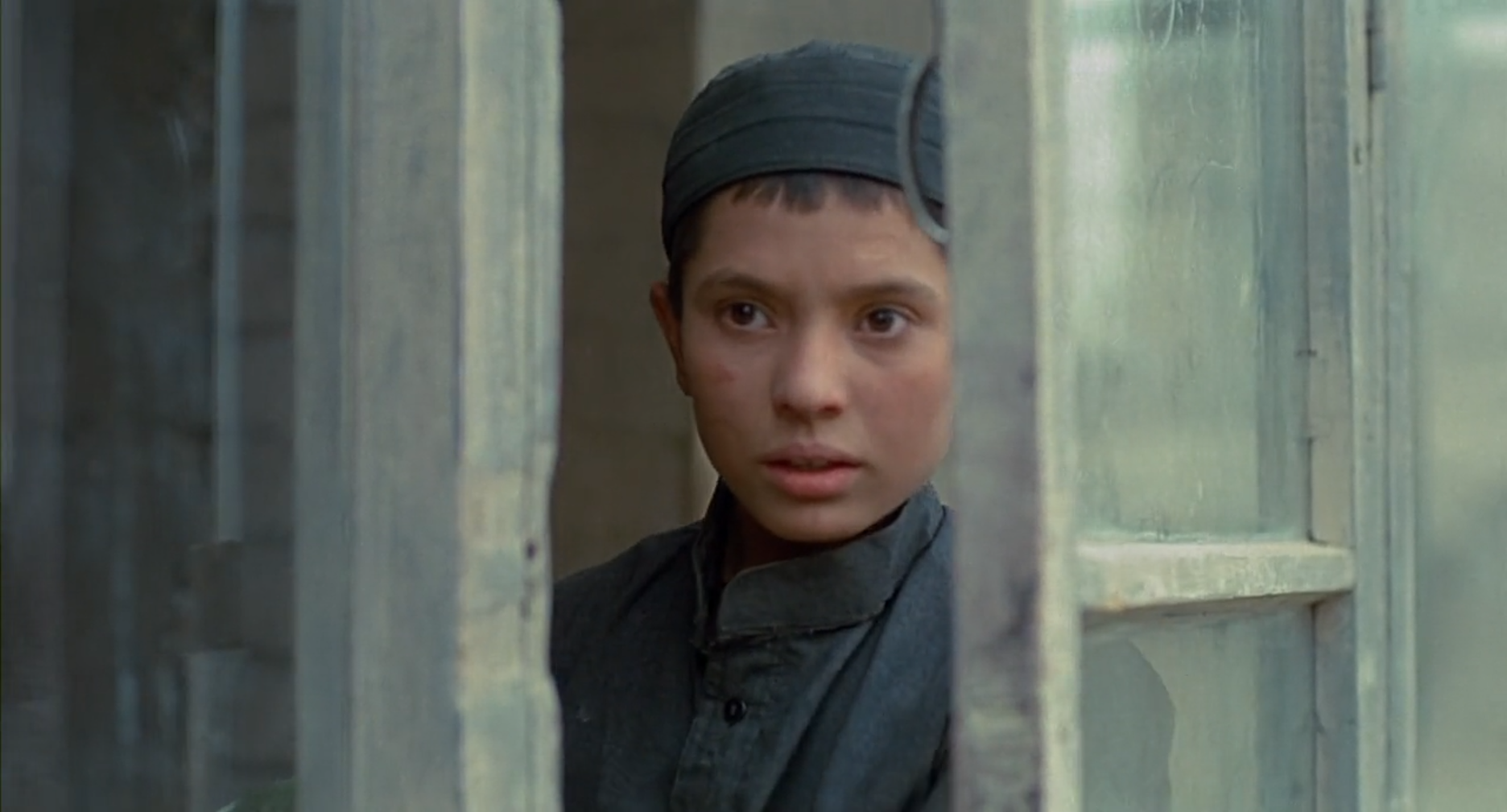
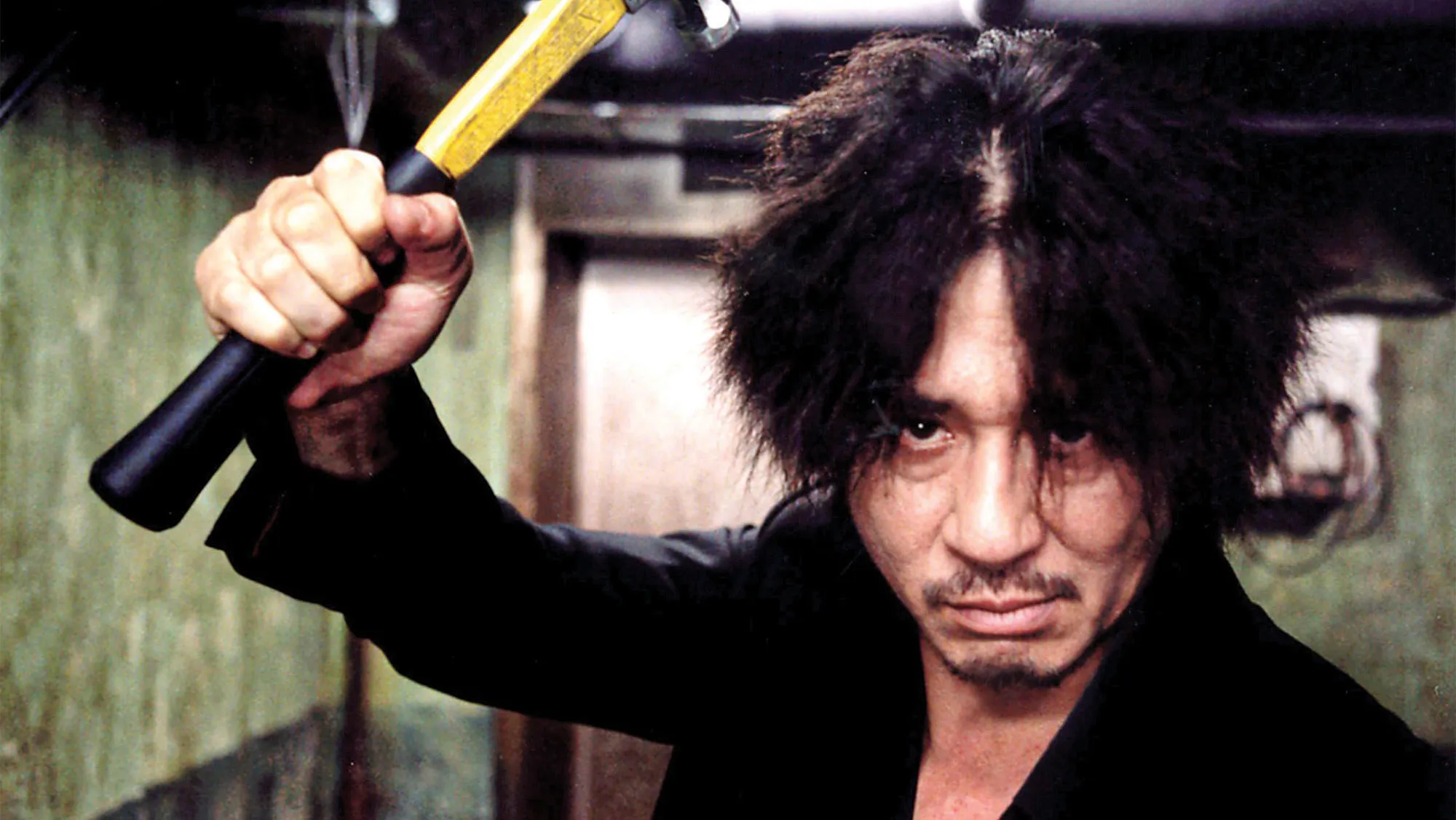

 x2
x2